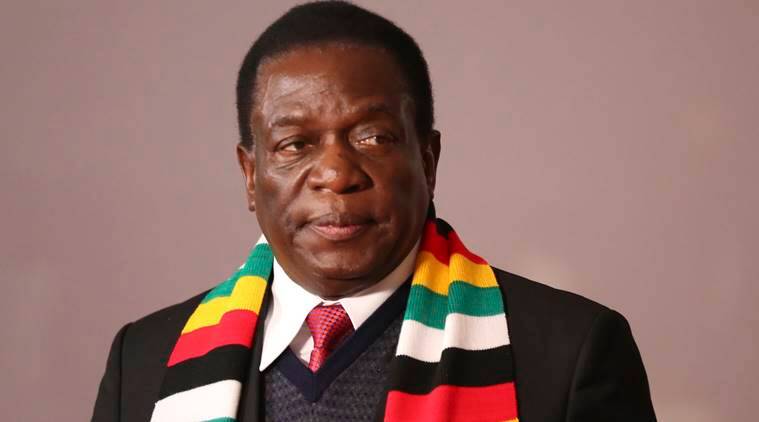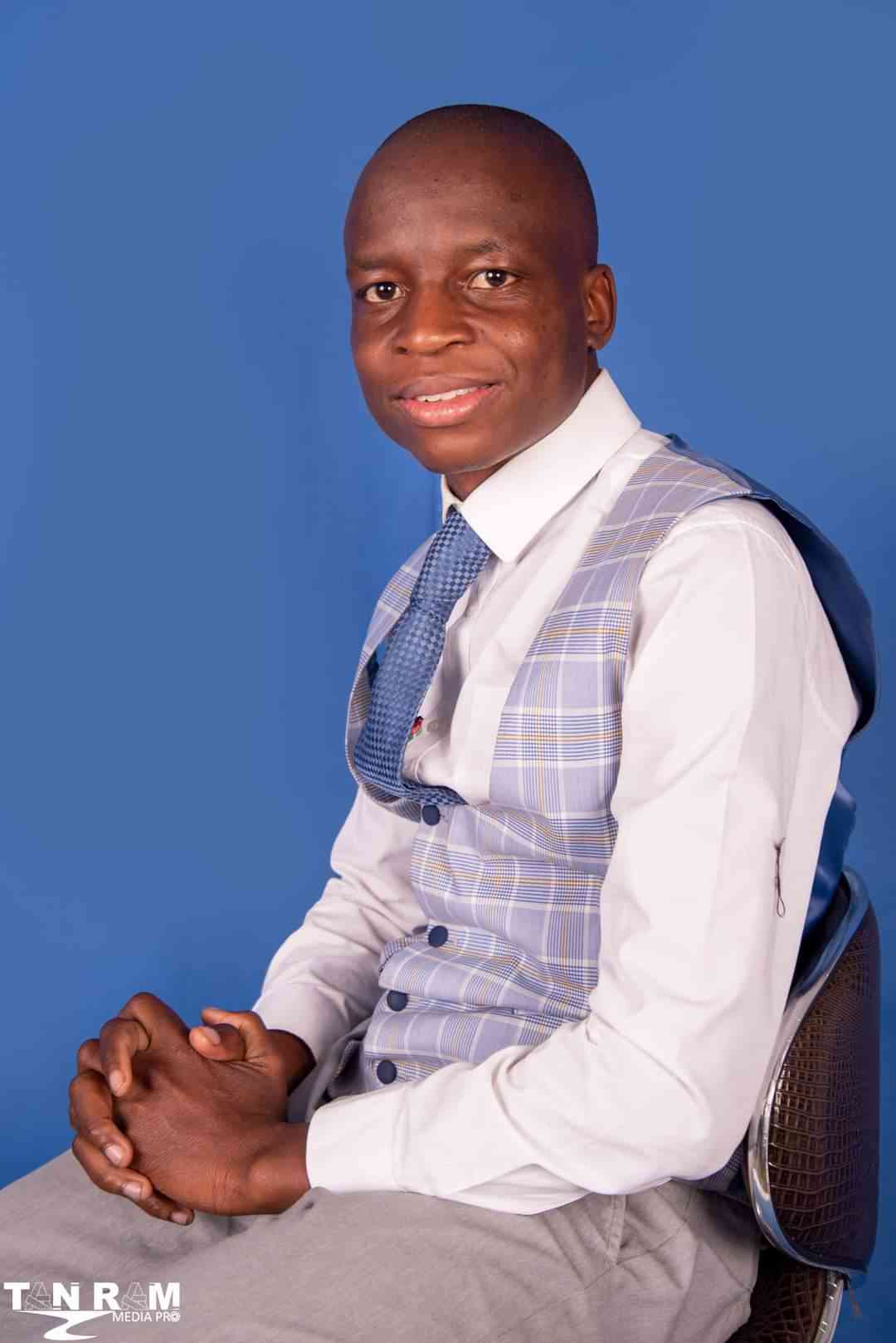
BY Paidamoyo Muzulu I TOLD Mr (Shaji Ul) Mulk that my desire is to build a smart city like Dubai here. He agreed to build a smart city better than “Dubai,” President Emmerson Mnangagwa told guests on Wednesday during the ground-breaking ceremony for the new Cyber-City development in Mt Hampden.
The US$500 million project is being spearheaded by Dubai-based billionaire investor, Shaji Ul Mulk.
The new city, actually a precinct within Harare, is one of the new and biggest property developments in the past two decades in Zimbabwe.
However, if completed, it will become Mnangagwa’s signature project during his tenure as the first citizen.
The Cyber-City will comprise 250 townhouses, over 80 luxury villas, apartment blocks, a high-end retail arcade, a centre-piece 15-storey commercial Mulk Tower, landscaped gardens — within a high security-gated community with a health club, medical centre, community centre and other facilities, those familiar with the design said.
This “city” will be within proximity of the new Chinese-built and “donated” US$100 million Parliament building and planned courts and presidential offices, making the new district symbolically the capital of Zimbabwe.
Mnangagwa said Zimbabwe had to adapt to technological development such as mobile internet infrastructure across the world and the reduction of barriers to develop as a country.
He said: “As a country, we are obligated to speedily adopt and adapt. This Cyber-City is, thus, part of the efforts we are embarking on to help to leapfrog our economy into the information and knowledge age, in line with the dictates of the Fourth Industrial Revolution. Under my administration, we are determined to realise holistic development. Zimbabwe is on the move and will not be left behind.”
- Chamisa under fire over US$120K donation
- Mavhunga puts DeMbare into Chibuku quarterfinals
- Pension funds bet on Cabora Bassa oilfields
- Councils defy govt fire tender directive
Keep Reading
This is all plausible. This is welcome, but the bigger story is in the unsaid things.
Independent online media, NewsHawks said the deal came with a lot of sweeteners for the investors, which among other include repatriation of capital and profits, five-year tax break, freehold resale of the real estate and permission to employ foreign staff.
This is not new from the Mnangagwa regime. After assuming the reins of power through a November 2017 coup, it has extended tax breaks to other companies from “friendly” nations.
Quick to mind comes the tax breaks given to giant Chinese technological companies — Huawei and ZTE .
The two companies have generally created the backbone of Zimbabwe’s mobile telecommunication infrastructure for all three mobile network operators (MNOs).
These are the State-owned NetOne and Telecel and the publicly-listed Econet.
The building of new cities or new districts within a city is not a new phenomenon. It has been done before in other countries like Nigeria, South Africa and India.
In Nigeria, they have Eko Atlantic, which is an entire new coastal city being built on Victoria Island adjacent to Lagos.
It is a focal point for investors capitalising on rich development growth based on massive demand — and a gateway to emerging markets of the continent.
India also developed a section of Mumbai to be modern and become a centre for tech companies and new investors.
Next door in South Africa, the City of Johannesburg has seen the development of Sandton, a city within a city, which is touted as the most expensive mile of property in Africa.
These new cities bring in a temporary boon for employment in the construction sector, flow of capital from investors and most importantly for political leaders, something to brag about to the electorate and international conferences.
However, because of the tax breaks extended to the investors, the local people will never get the top jobs or see real development in their cities.
They will remain ivory towers for the financial well-off and centre for conferencing by executives from companies and non-governmental organisations.
The reality is that Sandton is just another development that further magnifies the difference between the rich and poor in South Africa.
It is less than 2km from the slum of Alexandra Park, where poor people stay in slums with communal toilets, high unemployment and high crime rate.
It is the same in Mumbai and Eko Atlantic, which are adjacent to poor communities who only dream of basic necessities like water, refuse collection, school, public transport, energy, health centres and housing.
It remains to be seen how the Cyber-City will enhance ICT education at the University of Zimbabwe or Harare Institute of Technology.
It will also be interesting to see whether the new city will jolt authorities to improve public transport, water services, clinics and schools in the old districts of Harare such as Mbare or Mabvuku.
It, therefore, becomes imperative that as we applaud the new development, the country should be asking serious questions about urban renewal in the older parts and better service provision where the majority of our people stay.
Failure to have a coherent discussion and meaningful development in the areas where the poor live can only help entrench the feeling that the politicians are looking after themselves and, therefore, running away from the masses and creating new communities with cyber-security to keep the poor out.
As I sign out, it is important that Zimbabwe’s elected representative should ask Mnangagwa whether he still believes “vox populi vox dei” — the voice of the people is the voice of God.
What are Zimbabweans saying about the development they want in the communities? Is it better basic services, employment, stable economy or a spanking new city for the rich?











